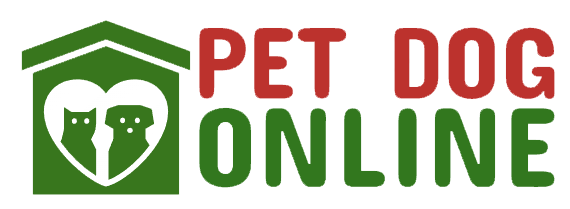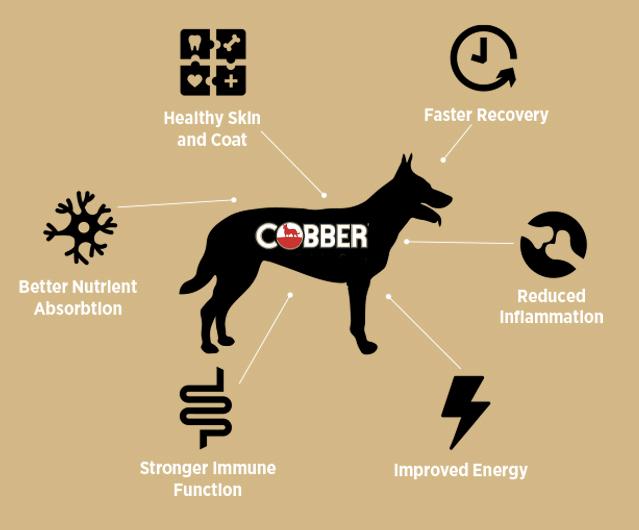
Decoding Canine and Feline Gut Health: A Comprehensive Guide
In the intricate world of pet care, few topics spark as much curiosity and concern as gut health. For our beloved canine and feline companions, the gut is more then just a digestive system; it is indeed a dynamic ecosystem that influences everything from energy levels to emotional well-being. As pet owners, it’s our obligation to decode the complex signals emitted by our pets’ tummies and understand the vital role gut health plays in their overall vitality. in this comprehensive guide, we will explore the fascinating anatomy of canine and feline digestion, unravel the mysteries of probiotics and prebiotics, and examine the impact of diet, stress, and surroundings on gut function. Join us as we embark on a journey through the digestive labyrinth of our pets, equipping ourselves with knowledge to nurture their gut health and, in turn, enhance their quality of life. Whether you’re looking to troubleshoot common issues or simply deepen your understanding,this article will serve as your go-to resource for all things related to canine and feline gut health.
Table of Contents
- Understanding the microbiome: the Foundation of Canine and Feline Gut Health
- Identifying Common Digestive Issues in Pets and Their symptoms
- Nutritional Strategies for Optimizing Your Pet’s Gut Health
- Integrating Probiotics and Prebiotics into Your Pet Care Routine
- Wrapping Up
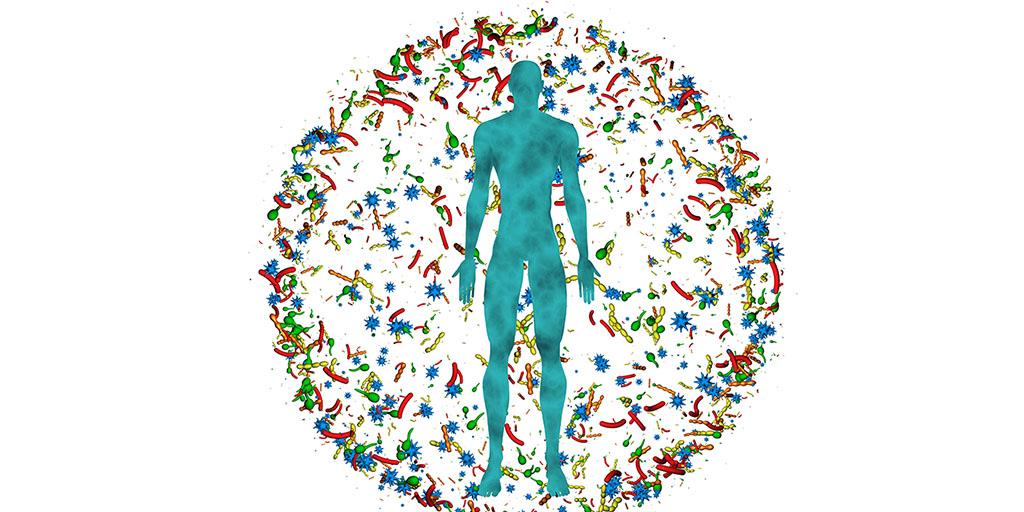
Understanding the Microbiome: The Foundation of Canine and Feline Gut Health
The foundation of gut health in dogs and cats lies in the intricate ecosystem of microorganisms, commonly referred to as the microbiome. This diverse community of bacteria, viruses, fungi, and other microbes plays a crucial role in the overall health of our furry companions. A balanced microbiome is essential for proper digestion, nutrient absorption, and immune system function. Disruptions in this delicate balance can lead to a host of health issues, including gastrointestinal disorders, allergies, and even behavioral problems. To foster a healthy microbiome, pet owners should consider the following factors:
- Diet: A well-rounded, species-appropriate diet rich in fiber and probiotics can promote gut health.
- Probiotics: Supplementing with beneficial bacteria may help restore balance, especially after antibiotic use.
- Prebiotics: Thes non-digestible fibers feed healthy gut bacteria and promote their growth.
- Environmental Factors: Reducing stress and exposure to toxins can positively influence microbiome diversity.
Research indicates that the composition of the microbiome can vary substantially between individual pets, influenced by factors such as breed, age, and diet. Understanding the specific needs of your dog or cat is vital for maintaining optimal gut health. Regular veterinary check-ups can definitely help identify any underlying issues and strategize personalized dietary plans. Below is a simple comparison of beneficial and harmful bacteria prevalent in canine and feline gut ecosystems:
| Type of Bacteria | function |
|---|---|
| Beneficial Bacteria | Support digestion, enhance nutrient absorption, strengthen the immune system |
| Harmful Bacteria | Contribute to inflammation, infections, and gut dysbiosis |
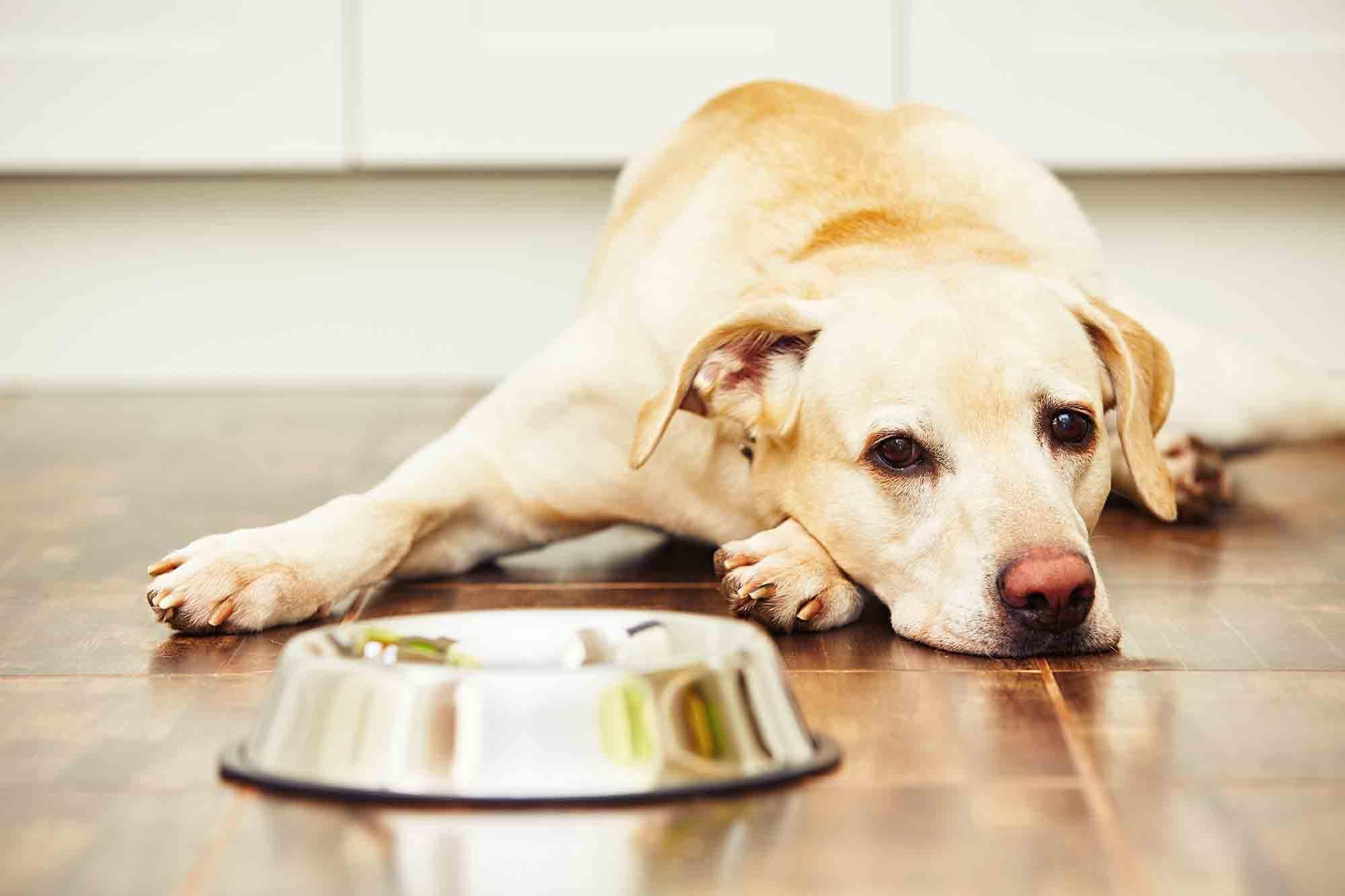
Identifying common Digestive Issues in Pets and Their Symptoms
Understanding your pet’s digestive health is crucial for their overall wellbeing. Common digestive issues in both dogs and cats can frequently enough manifest through various symptoms. Paying close attention to these signs can help you identify potential problems early, allowing for timely intervention. Some prevalent digestive issues include:
- Vomiting: this can indicate anything from a simple dietary indiscretion to more serious health issues.
- Diarrhea: Frequent loose stools may be a sign of infections, allergies, or other gastrointestinal disorders.
- Constipation: Difficulty in passing stools can lead to discomfort and should be addressed promptly.
- Flatulence: Excessive gas might signal dietary intolerances.
- Loss of Appetite: A sudden change in eating habits can be an early warning sign of digestive distress.
Recognizing these symptoms early can make a significant difference in treatment outcomes. Hear’s a fast reference table summarizing some common digestive issues and their associated symptoms:
| Digestive Issue | common Symptoms |
|---|---|
| Gastrointestinal upset | Vomiting, diarrhea, lethargy |
| Food Intolerance | Gas, bloating, itchy skin |
| Parasitic Infection | Weight loss, frequent hunger, abnormal stools |
| Pancreatitis | Severe abdominal pain, vomiting, diarrhea |
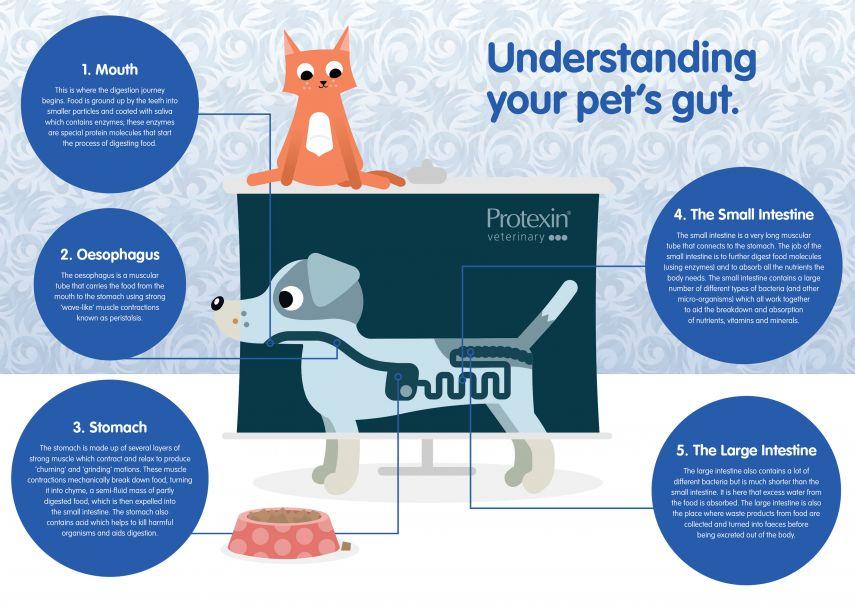
Nutritional Strategies for Optimizing Your Pet’s Gut Health
To foster a thriving gut microbiome in your furry companions, the foundation lies in their diet. high-quality, species-appropriate foods rich in essential nutrients are paramount. Consider incorporating the following elements into their meals:
- Probiotics: Live beneficial bacteria.
- Prebiotics: dietary fibers that support probiotic growth.
- Omega-3 Fatty Acids: Anti-inflammatory properties essential for gut health.
- Variety of Proteins: Offers a balanced amino acid profile and supports gut diversity.
- Fruits and Vegetables: Provide vitamins, minerals, and antioxidants.
Another vital aspect of optimizing gut health is maintaining a consistent feeding routine. Regular meal timing can help regulate digestion and prevent gastrointestinal disturbances. Introducing dietary changes gradually is also crucial to avoid stressing your pet’s digestive system. The following table outlines some common foods that can promote gut health in dogs and cats:
| Food Item | Benefits |
|---|---|
| Plain Yogurt | Rich in probiotics,supports digestion. |
| Pumpkin Puree | High in fiber, great for regulating bowel movements. |
| Bone Broth | Soothes the gut lining, promotes hydration. |
| Green Tripe | Contains beneficial enzymes and probiotics. |
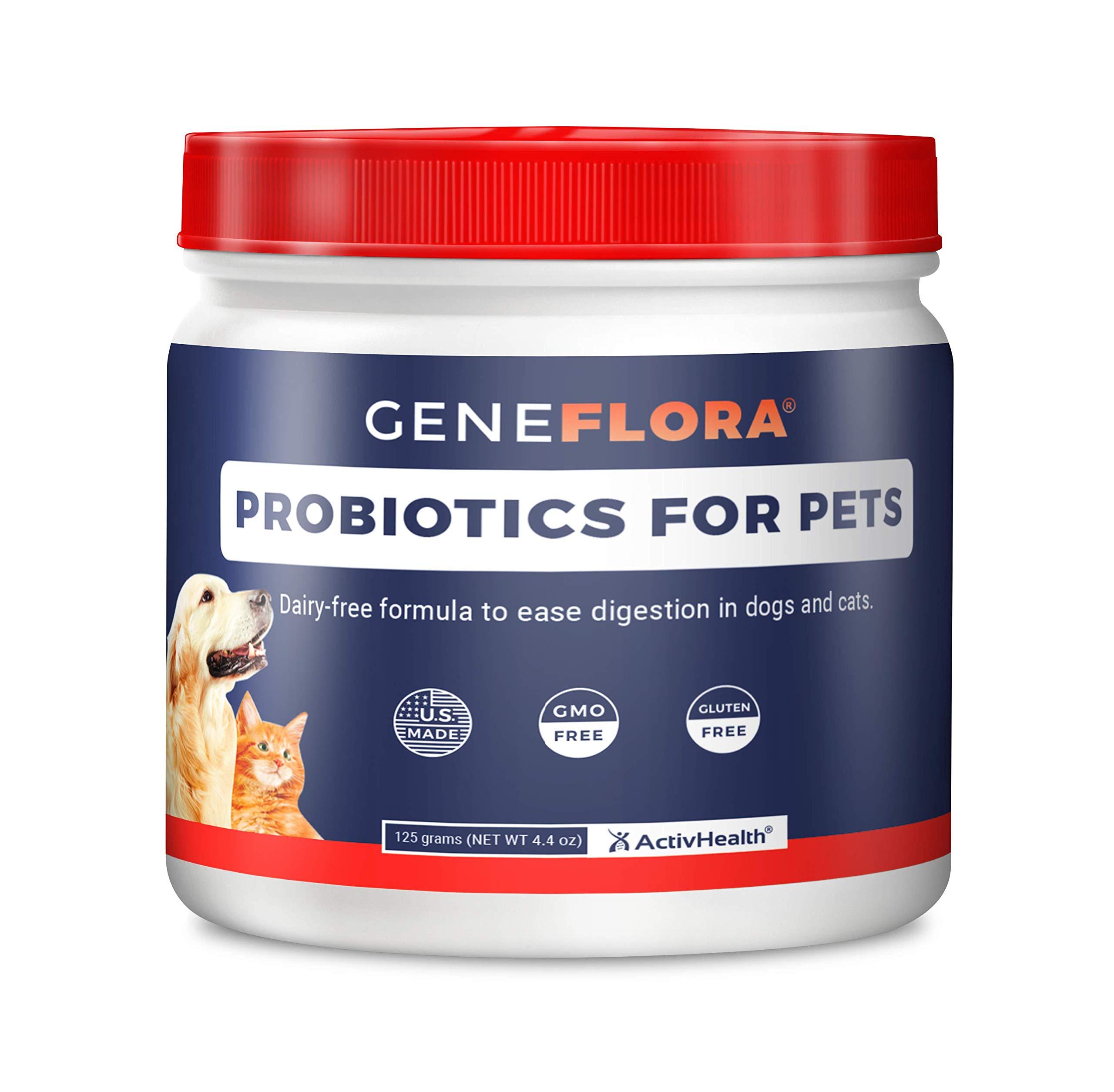
Integrating Probiotics and Prebiotics into Your Pet Care routine
Incorporating probiotics and prebiotics into your pet care routine can significantly enhance your furry friend’s gut health. Probiotics are live microorganisms that can restore balance to your pet’s gut flora, while prebiotics serve as food for these beneficial bacteria. to seamlessly integrate them,consider the following options:
- Dietary Supplements: Choose high-quality probiotic or prebiotic supplements designed specifically for pets.
- Functional Treats: opt for treats infused with probiotics and prebiotics for a tasty way to improve gut flora.
- Probiotic-Enriched Food: Look for pet foods that list probiotics as an ingredient or consider adding a sprinkle of probiotic powder to their meals.
Monitoring your pet’s response to these additions is crucial for success. You may want to keep a simple table to track any changes in their digestion, energy levels, and overall health. Consider the following template:
| Observation | Initial Situation | Post Integration |
|---|---|---|
| Digestion | Frequent upset stomach | Improved regularity |
| Energy Level | Lethargic | More active and playful |
| Coat Condition | Dull and dry | Shiny and healthy |
By carefully tracking these elements, you can tailor your pet’s diet to better support their gut health and overall wellbeing.
Wrapping Up
understanding the intricacies of canine and feline gut health is essential for pet owners who seek to ensure their furry companions thrive. As we’ve explored throughout this guide, the gut is not just a digestive powerhouse but a vital component of overall well-being, influencing everything from immunity to behaviour. By paying close attention to diet, recognizing the signs of gastrointestinal distress, and incorporating beneficial practices like probiotics, you are well on your way to decoding the mysteries of your pet’s inner workings.
as you embark on this journey, remember that every pet is unique, and what works wonders for one may not hold the same magic for another. Stay informed, consult with veterinarians as needed, and trust your instincts as you nurture your pet’s gut health. After all, a healthy gut is the foundation for a happy and vibrant life—one wagging tail and playful pounce at a time. Here’s to thriving pets and the joyous bond you continue to cultivate together!


